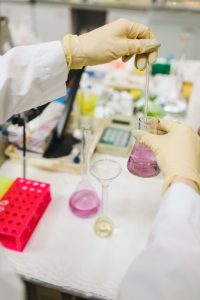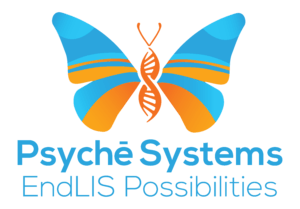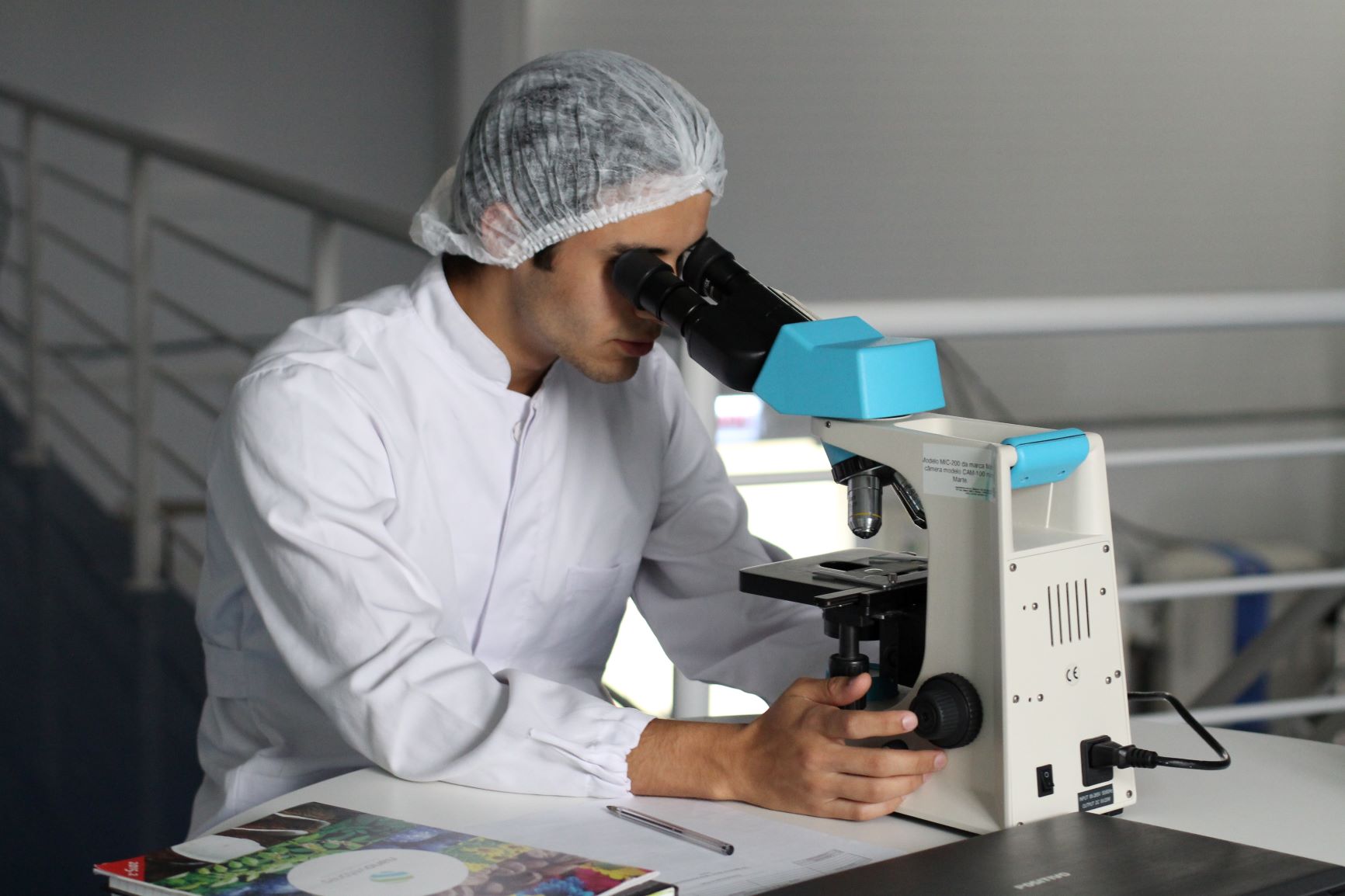Equipment and Software You Need When Dealing with Genetics and DNA Research
If you were to ask any scientist which field was showing the most promise, they would tell you genetics and DNA. The world of genetics and DNA has increased our understanding of how certain diseases and viruses spread. In fact, during this current COVID-19 pandemic, many scientists are conducting research to determine whether a person’s genetics determine how sick they will get from the virus.
If you are trying to start up a laboratory, now is the perfect time to get into genetics and DNA research. However, the world of genetics and DNA is extremely complex. It requires a great deal of research and technology to get right. In order to do the proper research necessary to succeed in genetics and DNA, you must first have the right tools. Having the right equipment and medical laboratory software can make all the difference in the world. In this article, we will show you precisely what you need to succeed in the world of genetics and DNA research.
Using the Right Equipment
You could have the best scientific minds working in your lab, but if you don’t have the right equipment, you will not be able to perform the necessary tests. Genetics uses a set of essential tools. However, due to the complex nature of genetics and DNA, scientists have to use more sophisticated devices and machines. Here is a list of just a few of the devices you will need to run a successful genetics and DNA lab.
Microscopes
One of the most common tools you will find in a laboratory is a microscope. This is because a microscope allows the scientist to better examine whatever they need to look at. In the world of genetics and DNA, you are dealing with organic material on a molecular level. It is necessary to use a microscope to analyze how DNA mutates under a series of tests. Also, microscopes can take photos, so you can keep better notes and records on the tests you are performing.
Polymerase Chain Reaction Machine
An essential tool that every genetics lab needs is a polymerase chain reaction machine (also known as a PCR machine). When you are working with genes and DNA, it may, at times, become necessary for you to make copies of the DNA segments you want to run tests on. Creating copies of DNA segments will allow you to create a control group so you can better understand the results of the various experiments you are running. Also, creating more segments of the same DNA segment will allow you to perform more experiments without damaging the segment.
Restriction Enzymes
Sometimes when you are looking at a strand of DNA, you only need to study a certain segment of it. Restriction Enzymes act as a set of “scissors” and allow the scientist to cut off the segment they would like to get a better look at. Also, you can separate the DNA segments even more when you combine restriction enzymes with chromatography. The main benefit of making smaller DNA segments is that it will make it easier for the scientist to make observations of the mutation taking place on the DNA segment.
Gel Electrophoresis Machine
A gel electrophoresis machine is the glue that holds the PCR and restriction enzymes together. While both PCR and restriction enzymes are great tools for manipulating DNA, they do not do an excellent job of visualizing the mutation and other changes taking place. A gel electrophoresis machine allows the scientist to visualize the DNA sequences better.
Providing the Right Medical Laboratory Software

The study of genetics and DNA is extremely complex. As a result, there is a high amount of data to crunch and analyze during and after an experiment is completed. With this in mind, it only makes sense to provide the right medical laboratory software for your scientists. Having the right software will take a lot of pressure off your scientists, which means they will be able to get more work done in a timely manner. Here at Psyche Medical Laboratory Software, we understand the importance of the right software. That software can help you get the job done. That is why we provide industry-leading software solutions to labs all around the country.
NucleoLIS E.finity Medical Laboratory Software
NucleoLIS E.finity is by far the industry leader when it comes to medical laboratory software that deals with genetics and DNA. The program can handle all the molecular fields and workflows, including PCR, FISH, immunology, and karyotyping. Next, the software includes automated rules-based logic that can be applied to a variety of tests. If you are running a large lab, NucleoLIS E.finity can keep track of all your specimens. It also offers quick retrieval features. Furthermore, NucleoLIS offers dozens of customization options to provide the best experience for your lab.
E.xtension Modules
If you want to grow your lab, you must have concrete ways of communicating and sharing information with your client. That is why we designed the E.xtension Modules. This software gives you a suite of features designed to help better organize your lab and communicate important information with your client. For example, the feature e.Outreach allows your clients to order tests directly through the program. Your clients will also be able to send test results where they want and in the manner they want. Also, the program allows you to scan any relevant documentation and attach it to the appropriate case or test.
If you are interested in getting medical laboratory software for your lab, check out our website today to see some of the options we offer.

